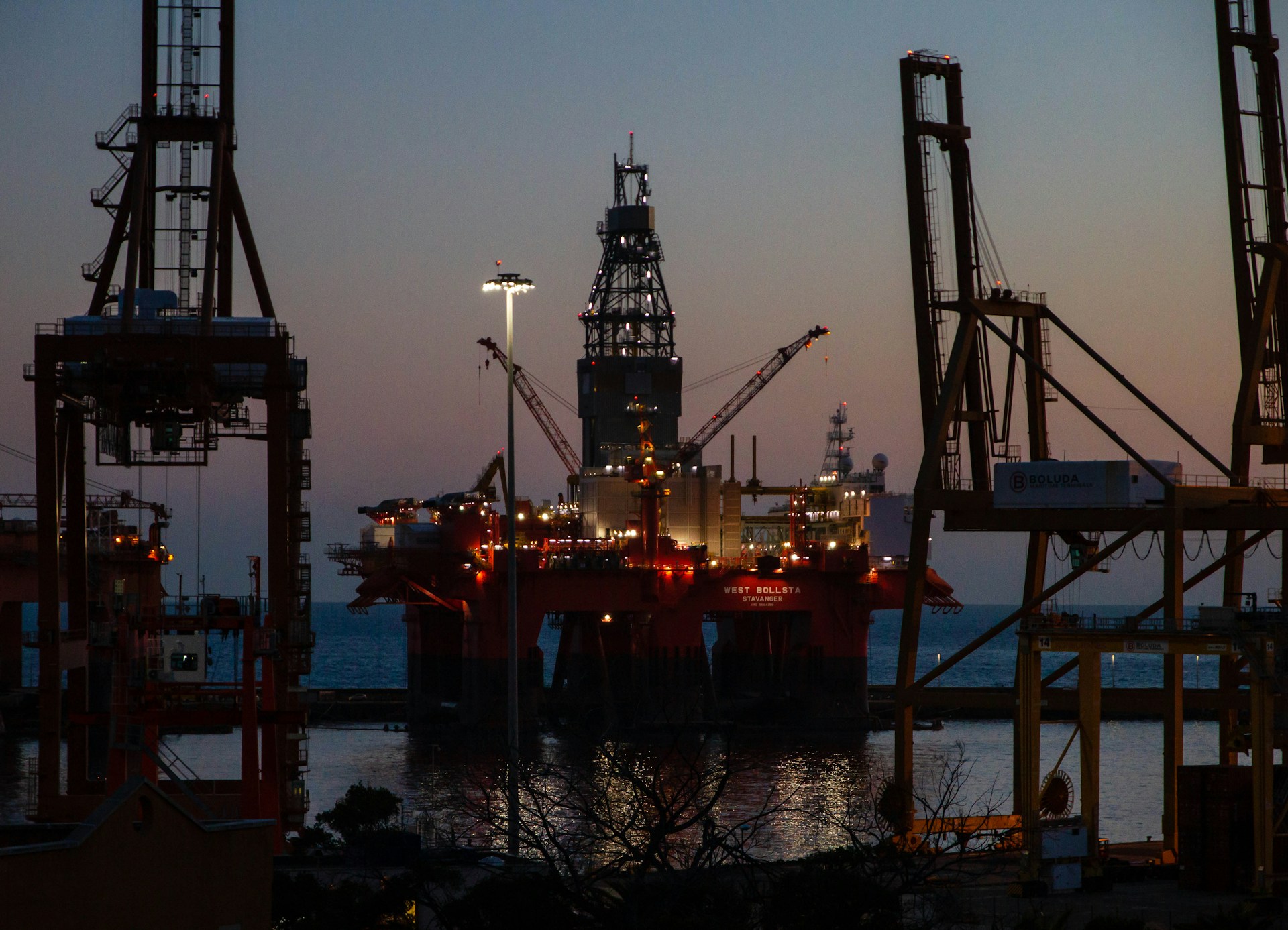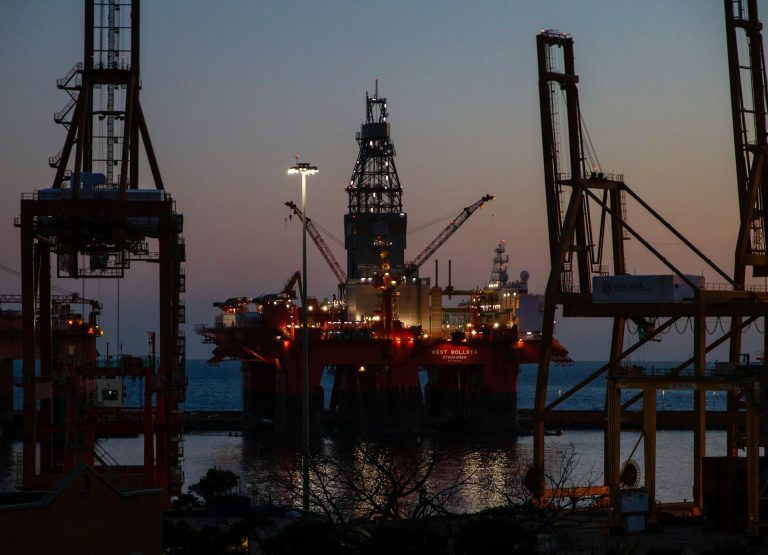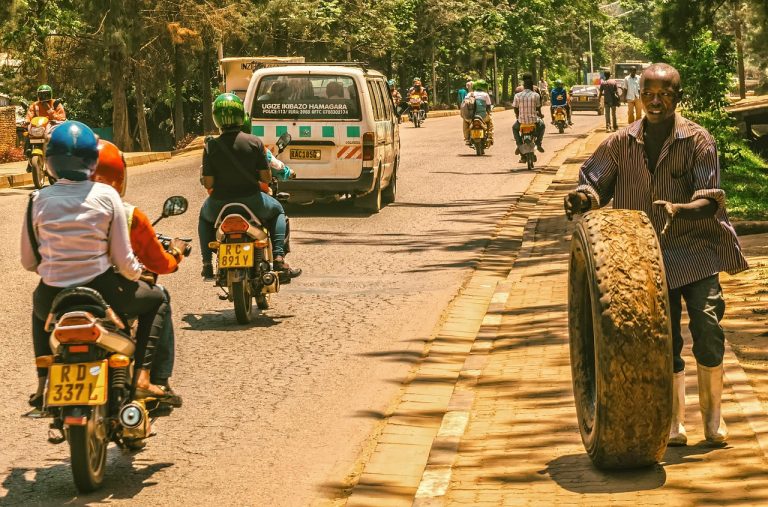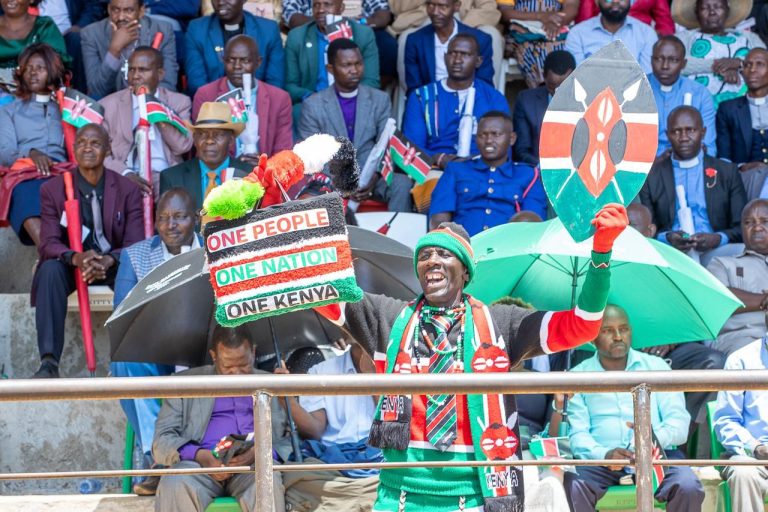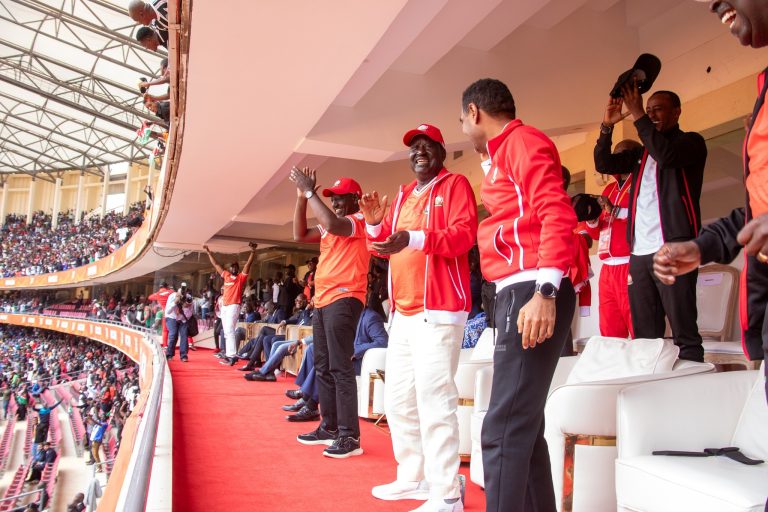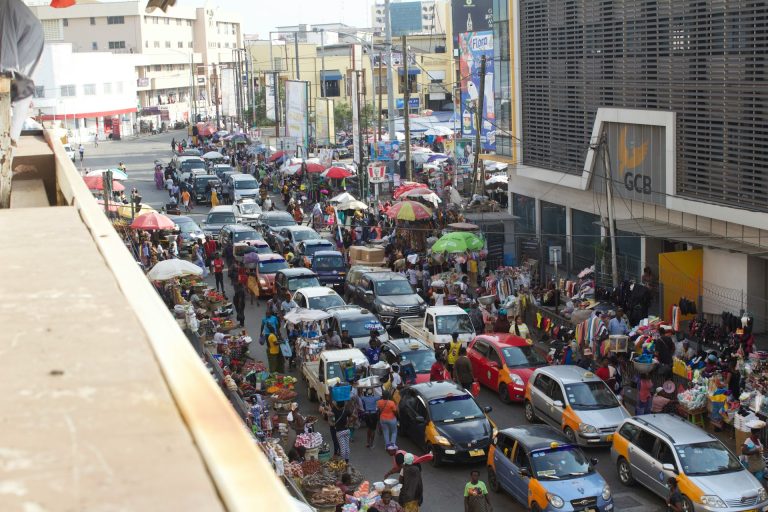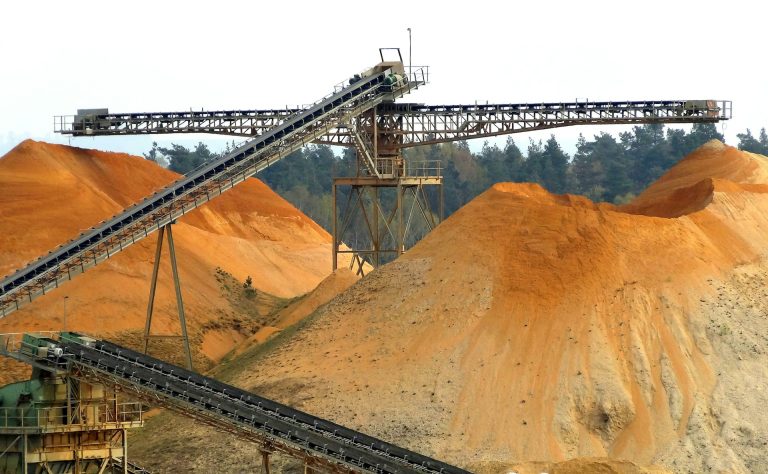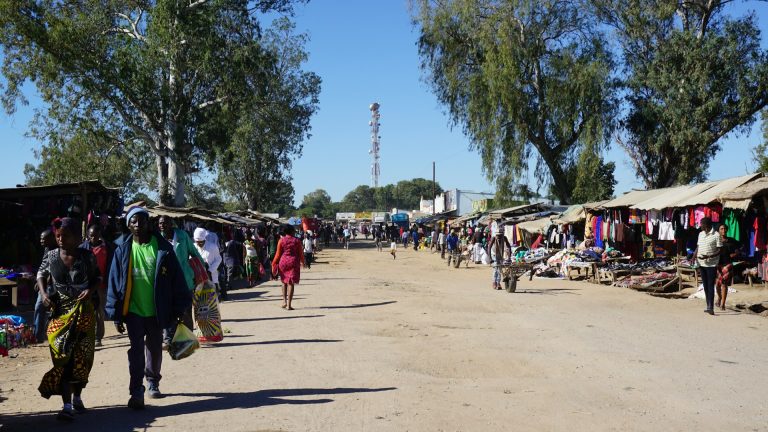- Gabon seeks investors for marginal oil fields and LNG projects
- Government reforms and incentives target long-term sector revival
Libreville, Gabon – Gabon is renewing calls for international investment in its oil and gas sector, betting on marginal fields and new gas infrastructure to offset output declines from aging reservoirs.
At Africa Energy Week’s “Unlocking Investment Opportunities in Gabon’s Oil & Gas Sector” session, Aristide P. Nyamat Bantsiva, General Director of Upstream Oil and Gas, stressed the government’s ambition to revitalise production through technology, reforms and partnerships.
“The advancement of technology has allowed us to review and discover new blocks that were previously thought inaccessible. Through our technical workshops and yearly statutory meetings, we will continue to monitor the overall performance of these assets, including safety, production, people and budget,” Bantsiva said.
Reform and opportunity
Gabon’s 2019 Hydrocarbon Code introduced flexible production-sharing contracts and tax incentives to encourage exploration. Officials say more than 30 marginal discoveries across onshore and offshore blocks could drive fresh growth and stabilise revenues in an economy still heavily reliant on hydrocarbons.
The country has proven reserves of over two billion barrels of oil and significant gas deposits, yet only 27.5% of its 255,104 square kilometres is currently licensed, leaving nearly 185,000 square kilometres open for exploration.
“The government, through partnerships with operators such as Perenco, BW Energy and state-owned Gabon Oil Company, is leveraging these enhanced oil recovery technologies and redeveloping underutilised assets to maximise output from mature fields,” Bantsiva noted. He added that tapping deepwater basins would require new technical expertise and additional capital.
Major investments underway
Perenco is already committing $2 billion to the Cap Lopez LNG terminal, deploying a floating LNG vessel capable of producing 700,000 tons of LNG and 25,000 tons of LPG annually, supported by 137,000 cubic metres of storage.
Meanwhile, BW Energy signed production-sharing contracts in 2024 for the Niosi Marin and Guduma Marin blocks. The agreements cover an initial eight-year exploration period with a two-year extension option, reinforcing Gabon’s attractiveness to independent operators.
Bantsiva underscored that Gabon’s infrastructure – including over 225 kilometres of gas pipelines, seven million barrels of storage capacity and a functioning refinery system – gives it a competitive edge.
“With established infrastructure … and continued commitment from government, Gabon offers a compelling opportunity for investors to be part of the next chapter in Africa’s energy story. Our oil basin is rich in history and ripe for innovation,” he said.
